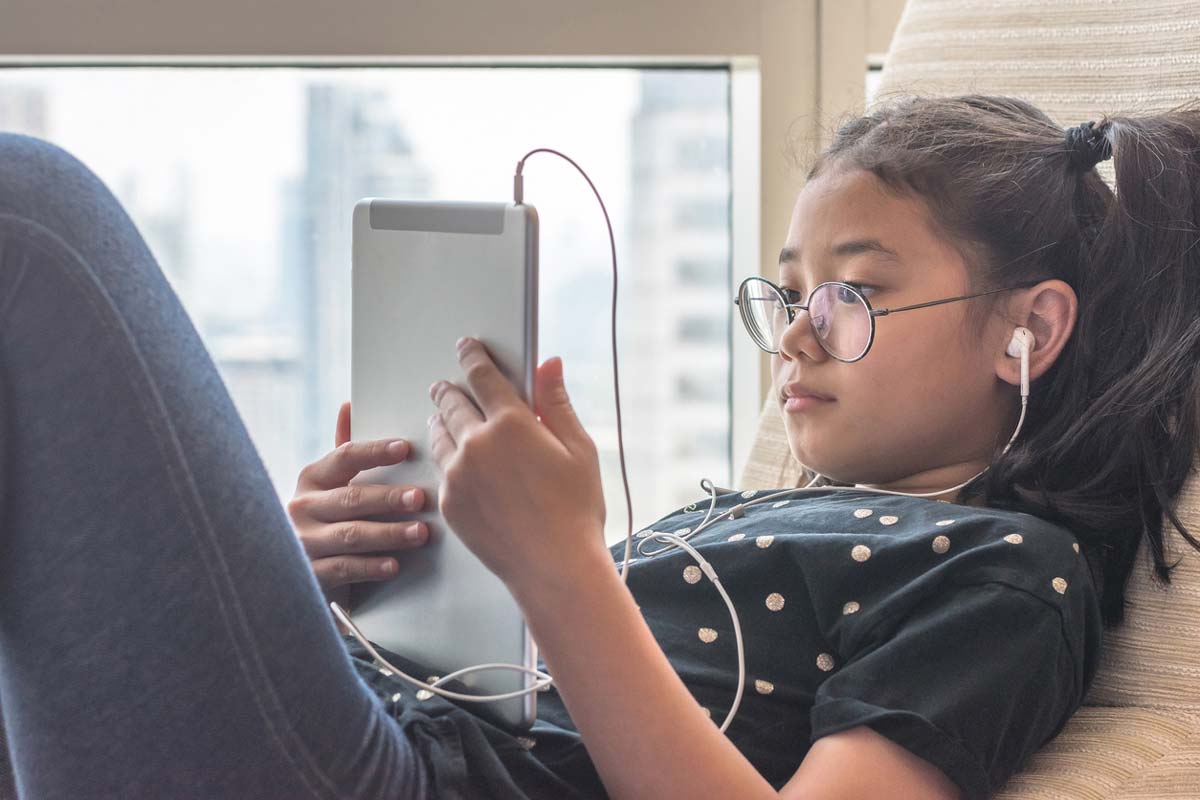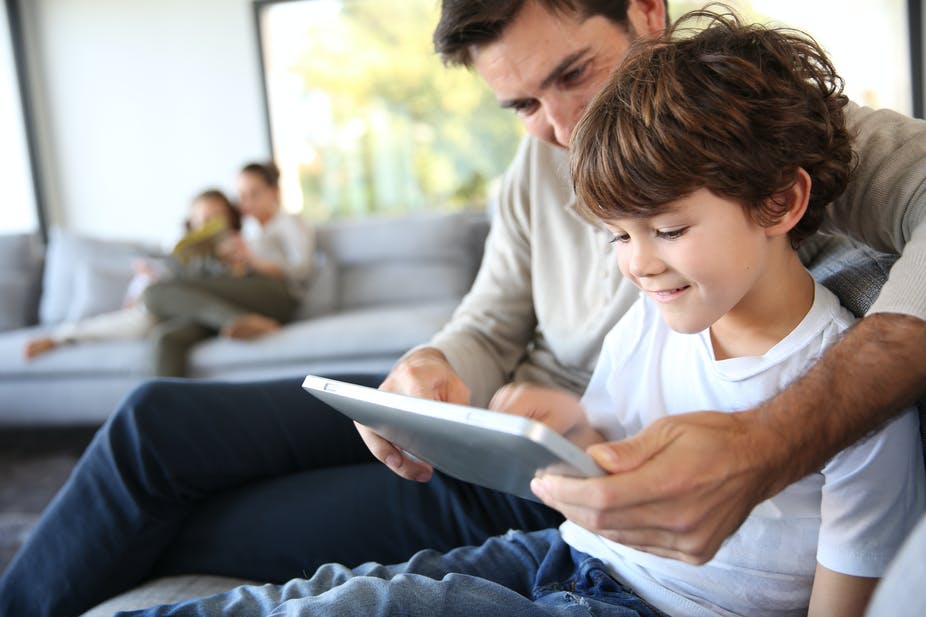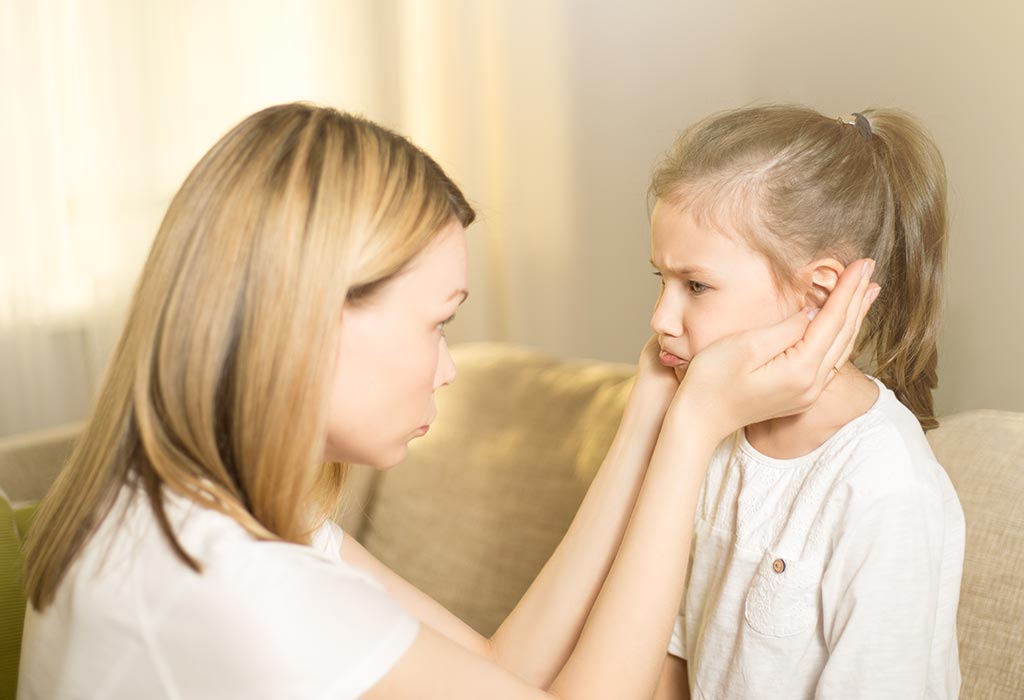It’s critical to assist children to learn healthy digital use. Parents have a critical role in fixing these skills in their children. Do read the article to get tips for parenting your child.
Tips to assist parents in raising kids in the ever changing digital world
Approach media in the same way you as parents would
In both actual and virtual contexts, the same parents have the same strategy to apply. Set boundaries, children require and expect them. Know your children’s online and offline friends. Know what platforms, software, and apps your children use, as well as what websites and activities they engage in online.
Establish boundaries and promote playfulness
Media use, like all other activities, should be subject to reasonable restrictions. Offline and unstructured play promotes creativity. Make unplugged playtime a daily priority for your children, especially if they are small.
Screen time does not have to be spent alone

Make your child comfortable with your parent. When your children are using screens, co-view, co-play, and co-engage with them to foster social interactions, bonding, and learning. With your children, play a video game. Parents can use it as a good method to show excellent sportsmanship and game etiquette at the same time. You will get the opportunity to introduce and share your own life experiences, thoughts, and wisdom while watching a show with them. Don’t just watch them on the internet, engage with them so you can comprehend and participate in what they’re doing.
Set a good example as a parent
On the internet, teach and model politeness and good manners. Limit your personal media consumption because youngsters are excellent imitators. In fact, interacting, cuddling, and playing with your children rather than staring at a screen will make you more available to and connected with them.
Recognize the importance of direct communication
Two-way communication is the most effective approach for young children to learn. It’s crucial for language development to engage in back-and-forth “talk time.” Face-to-face conversations or video chats with a travelling parent or a distant grandmother are both options.

Parents should keep their children’s access to digital media to a minimum
Except for video conferencing, avoid digital media for children younger than 18 to 24 months. Watch digital media with children aged 18 to 24 months because they learn by watching and discussing with you. Limit screen time for preschoolers (ages 2 to 5) to one hour of high-quality programming each day. When possible, and especially for young children, co-viewing is the ideal option. They learn best when they are re-taught what they have learnt on a screen in the actual world.
Establish tech-free zones
Parents should keep screens out of family mealtimes, other family and social gatherings, and children’s rooms. Turn off any televisions that aren’t in use, as background programming can interfere with face-to-face time with children. Charge devices outside of your child’s bedroom overnight to help him or her resist the temptation to use them while they should be sleeping. More family time, healthier eating habits, and improved sleep are all encouraged by these changes.
Don’t use technology to numb your emotions
While media can help children stay calm and quiet, it should not be the sole way they learn to do so. Children must be taught how to recognise and control intense emotions, come up with activities to relieve boredom or calm down by breathing, talk about solutions, and find other methods to channel emotions.
There exist homework-doing apps for kids, more than 80,000 apps are branded as educational, yet there is little evidence that they are of high quality. “Interactive” products should entail more than “pressing and swiping.” Look for reviews of age-appropriate apps, games, and programmes from organisations like Common Sense Media to help you make the best choices for your children.
It’s fine for your teen to use the internet

Online dating is a normal component of adolescent development. Teens can use social media to help them learn more about themselves and their place in the adult world. As a parent make sure your teen is doing responsibly both in the real world and online. Many teenagers need to be reminded that the privacy settings on a platform do not make things truly “private,” and that any photos, thoughts, or behaviours they publish online will become inextricably linked to their digital imprint. Maintain open lines of contact and let them know you’re available to them if they have any questions or concerns.
Keep an eye on things
We want to know what our kids are up to on the internet. As a result, technology is only available in our home’s public rooms. There will be no iPads in bedrooms, and no computer time will be spent behind closed doors. Furthermore, if a parent approaches a kid and the kid immediately puts down whatever he/she is doing, the parent assumes that the kid is up to no good. As a result, the kid will be disciplined.
Make an Agreement
According to a survey, parents have recently started letting their kids buy electronics using the money they had saved. They expect a renewed commitment to their family contract with each transaction. Random device checks are one of their favourite parts of our contract. Yes, whenever they want, there will be no objections. They lose the device when parents receive a complaint. Also, if their past is ever cleaned, they are reprimanded as if parents must have discovered something that violates the family contract. Kids know they agreed to when they bought the equipment.

Decide on the amount of time you’ll have
It was easier to start with less screen time and gradually increase it, rather than to provide more and then rein it in. As a result, when children are younger, they had no screen time during the week and only used screens on weekends. Kids don’t have a set time limit now that they’re teenagers. Parents should understand that schoolwork frequently necessitates the use of a computer.
Have You Considered the Consequences as a parent?
Parents should also understand that their kids are human beings. They will not always get it right. Each person faces a unique set of challenges. Parents should not demand perfection from them. When they deviate from technology parameters, however, parents should revoke their access. Parents should remind children of ideals as a family. It’s the duty of parents to put them back on a route when they think they’re ready, hopefully, it’s better they are prepared to make a sensible decision next time.
Share with your friends





